Call us
08045476743
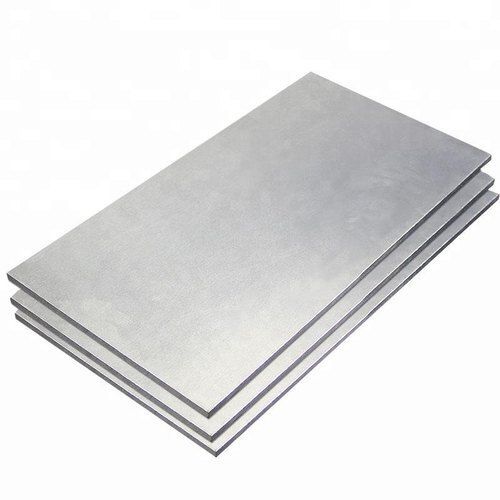
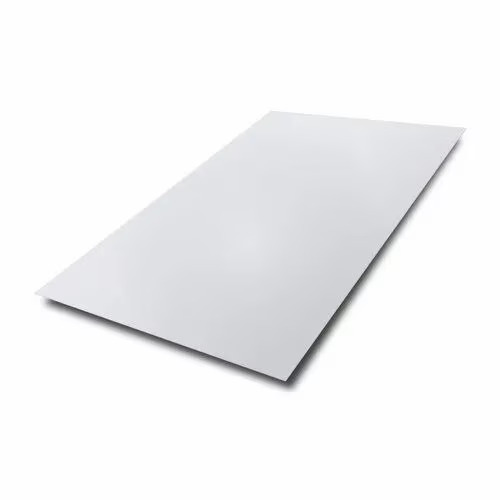
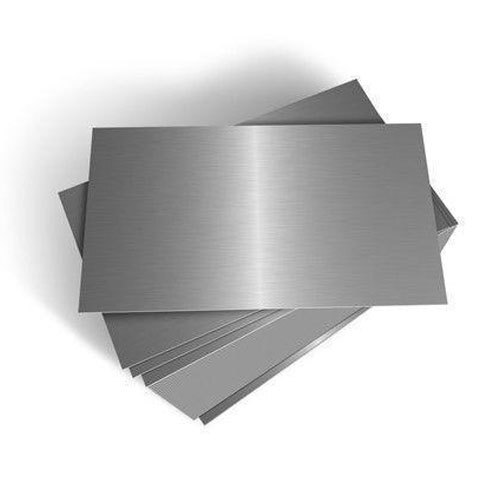
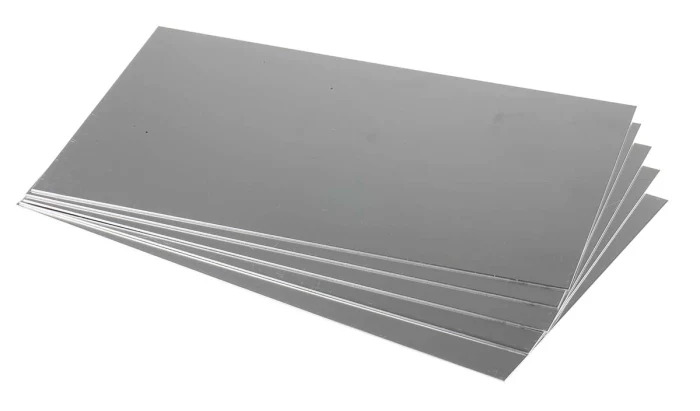
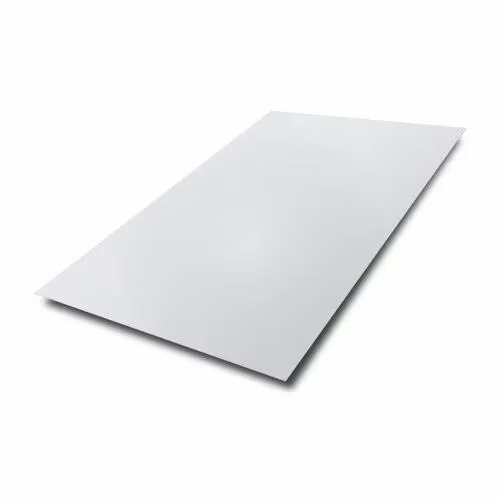
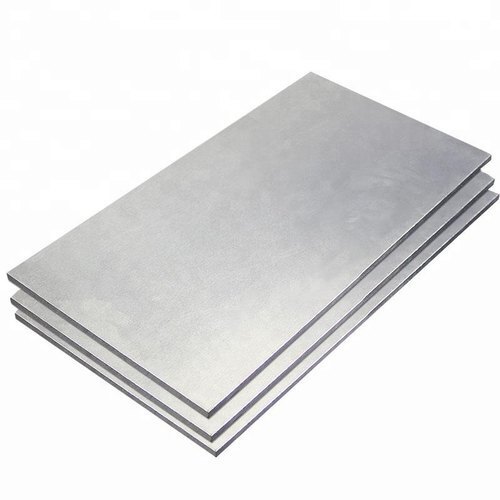
An aluminum sheet is a flat piece of aluminum that is commonly used in various applications due to its lightweight, corrosion-resistant, and malleable properties. Aluminum sheets are produced through a process called rolling, where ingots of aluminum are passed through rolling mills to reduce their thickness and create sheets of varying sizes. These sheets can be further processed and treated for specific purposes.
Here are some key characteristics and features of aluminum sheets:
Lightweight: Aluminum is known for its low density, making aluminum sheets much lighter than other metals like steel. This characteristic is particularly advantageous in applications where weight is a critical factor.
Corrosion Resistance: Aluminum naturally forms a protective oxide layer on its surface, which makes it highly resistant to corrosion. This property makes aluminum sheets suitable for outdoor and marine applications.
Malleability and Formability: Aluminum is a highly malleable metal, allowing it to be easily formed into different shapes without losing its strength. This makes aluminum sheets versatile and suitable for various manufacturing processes.
Conductivity: Aluminum is a good conductor of electricity and heat. This property makes aluminum sheets suitable for applications where thermal or electrical conductivity is important, such as in the manufacturing of heat exchangers.
Versatility: Aluminum sheets find applications in a wide range of industries, including construction, automotive, aerospace, packaging, and electronics. They are used for roofing, cladding, signage, transportation components, and more.
Surface Finishes: Aluminum sheets can have various surface finishes, including mill finish, anodized finish, or painted finish, depending on the intended use and aesthetic requirements.
Alloys: Aluminum sheets can be made from different alloys, each with specific properties and applications. Common alloys include 1000 series (pure aluminum), 3000 series (manganese alloy), 5000 series (magnesium alloy), and 6000 series (magnesium and silicon alloy).
Thickness and Size: Aluminum sheets come in a range of thicknesses, typically measured in gauges or millimeters. The size of the sheets can vary widely to suit different applications.
Aluminum sheets are widely used in both industrial and consumer products, contributing to their widespread popularity in manufacturing and construction. They offer a balance of strength, durability, and versatility that makes them a preferred material in many applications.